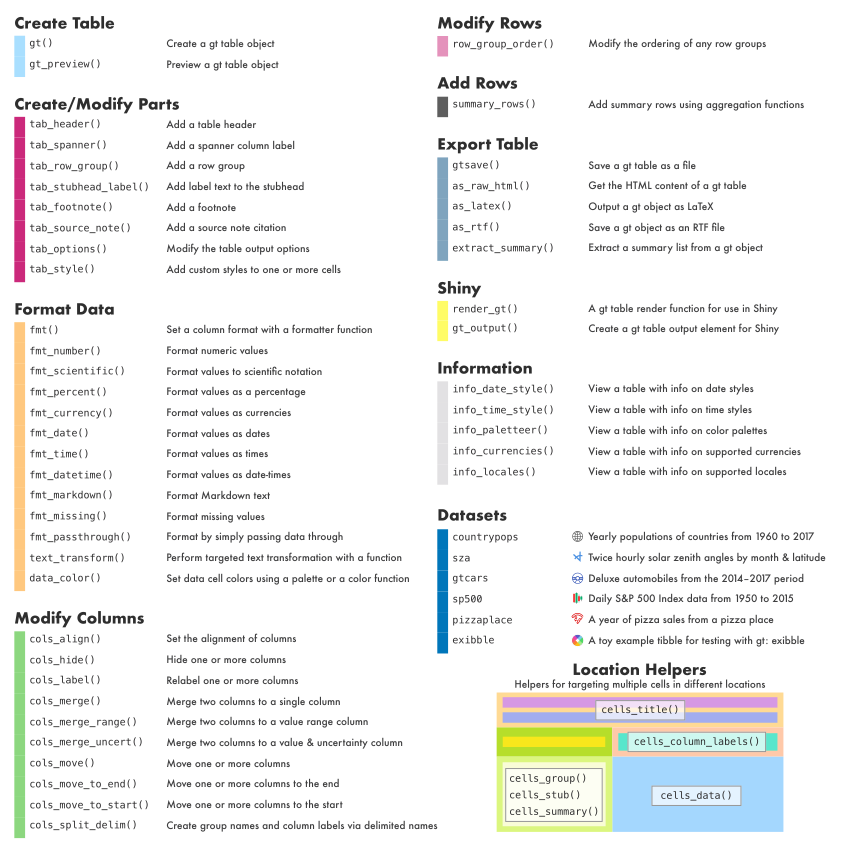
It knows exactly how things looked at a given point in time, and everyone sees the same stuff, therefore everyone is on the same playing field. The Packrat parser is a type of parser that shares similarities with the recursive descent parser in its construction. You might also find the official R documentation on the topic helpful as a reference.
#PACKRAT R INSTALL#
We will: Create a CRAN-like repository called sushi on disk, Generate and ‘upload’ a package called sashimi to this repository, Use install.packages () to install the package.

Then all another user has to do is pull your R code down, run it, and they will be using the same packages as you, because they are using the same snapshot date.In short, the checkpoint-server brings order to the world of R packages. This document will walk you through the creation of a custom, CRAN-like repository. That can be a cumbersome and tedious process.With checkpoint package, all you need to reference in your code is the snapshot date, and then you can commit your R code to a public or private repository, such as. Packrat requires a user to rsync, scp, or some how get your Packrat file and code to another user. Packrat does not have a concept of client or server, and a user could still find themselves in "dependency hell". Most of the burden is on the checkpoint-server, not the end user. Packrat parsing is a newly popular technique for efficiently implementing recursive descent parsers. R script files in your project and looking for calls like library() and require(). This is because it works in tandem with a server side solution, the checkpoint-server. Packrat attempts to ascertain which packages your project needs by analyzing the. Packrat now infers itself to be a git-managed project if any of its parent. The packages are installed in a subdirectory of the packrat folder.
#PACKRAT R HOW TO#
Packrat now understands how to install packages from custom CRAN-like repositories. The packrat.lock file lists which packages and versions will be installed. packrat::bundle() gains an argument, for ignoring package sources that are retrievable from CRAN.

R version 3.5.0 () Platform: x8664-w64-mingw32/圆4 (64-bit) Running under: Windows > 8 圆4 (build 9200) r. R -vanilla -f packrat/init.R -args -bootstrap-packrat. Checkpoint is a more comprehensive package from a reproduction standpoint. Package has few dependencies ( magrittr, stringi, stringr, Rcpp and glue) and it's taking more than 20 minutes to install everything, which it seems quite unusual. Packrat is a dependency management system for R.


 0 kommentar(er)
0 kommentar(er)
